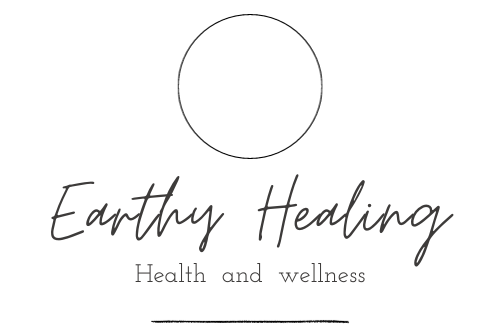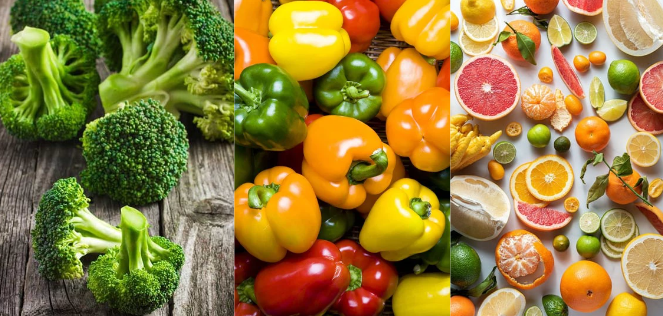Introduction:
Vitamin C, also known as ascorbic acid, is a vital nutrient known for its potent antioxidant properties and its pivotal role in maintaining overall health. This water-soluble vitamin is crucial for the growth, development, and repair of all body tissues. It’s involved in many body functions, including the absorption of iron, the formation of collagen, the proper functioning of the immune system, wound healing, and the maintenance of cartilage, bones, and teeth. This article will delve into the benefits of vitamin C, its dietary sources, the importance of adequate intake, and the potential consequences of deficiency.
What is Vitamin C?
Vitamin C is an essential nutrient that the body cannot produce on its own, meaning it must be obtained through diet or supplements. It is a powerful antioxidant that helps protect cells against the effects of free radicals, which are molecules produced when the body breaks down food or is exposed to tobacco smoke and radiation.
Health Benefits of Vitamin C
- Immune System Support: Vitamin C is widely recognized for its role in boosting the immune system, helping the body fight off illnesses and infections.
- Antioxidant Activity: It protects the body’s cells from oxidative stress, reducing the risk of chronic diseases such as heart disease and cancer.
- Collagen Synthesis: Vitamin C is essential for the production of collagen, a protein necessary for the repair and growth of tissues in all parts of the body.
- Enhances Iron Absorption: It improves the absorption of iron from plant-based foods, which is crucial for preventing iron-deficiency anemia.
- Skin Health: Vitamin C’s role in collagen production also contributes to healthier skin, helping to reduce wrinkles and improve overall skin texture.
Dietary Sources of Vitamin C
Vitamin C is abundant in a variety of fruits and vegetables, including:
- Citrus fruits (oranges, grapefruits, lemons, limes)
- Strawberries, kiwi, papaya, and mango
- Bell peppers, broccoli, Brussels sprouts, and spinach
Vitamin C Deficiency
A deficiency in vitamin C can lead to scurvy, a disease characterized by anemia, weakness, gum disease, and skin problems. While scurvy is relatively rare in modern times, insufficient vitamin C intake can still lead to poor health, including a weakened immune system and slower wound healing.
Recommended Intake and Supplementation
The recommended daily intake of vitamin C varies depending on age, sex, and life stage. Adults should aim for 65 to 90 milligrams (mg) per day, with a maximum daily limit of 2,000 mg to avoid side effects like stomach upset and diarrhea. In some cases, such as during illness or for those with limited dietary variety, supplementation may be necessary to achieve adequate vitamin C levels.
Conclusion:
Vitamin C is a crucial nutrient that supports a wide range of bodily functions, from immune defense to skin health. By including a variety of vitamin C-rich foods in the diet, most people can meet their daily needs and enjoy the health benefits of this essential antioxidant.

